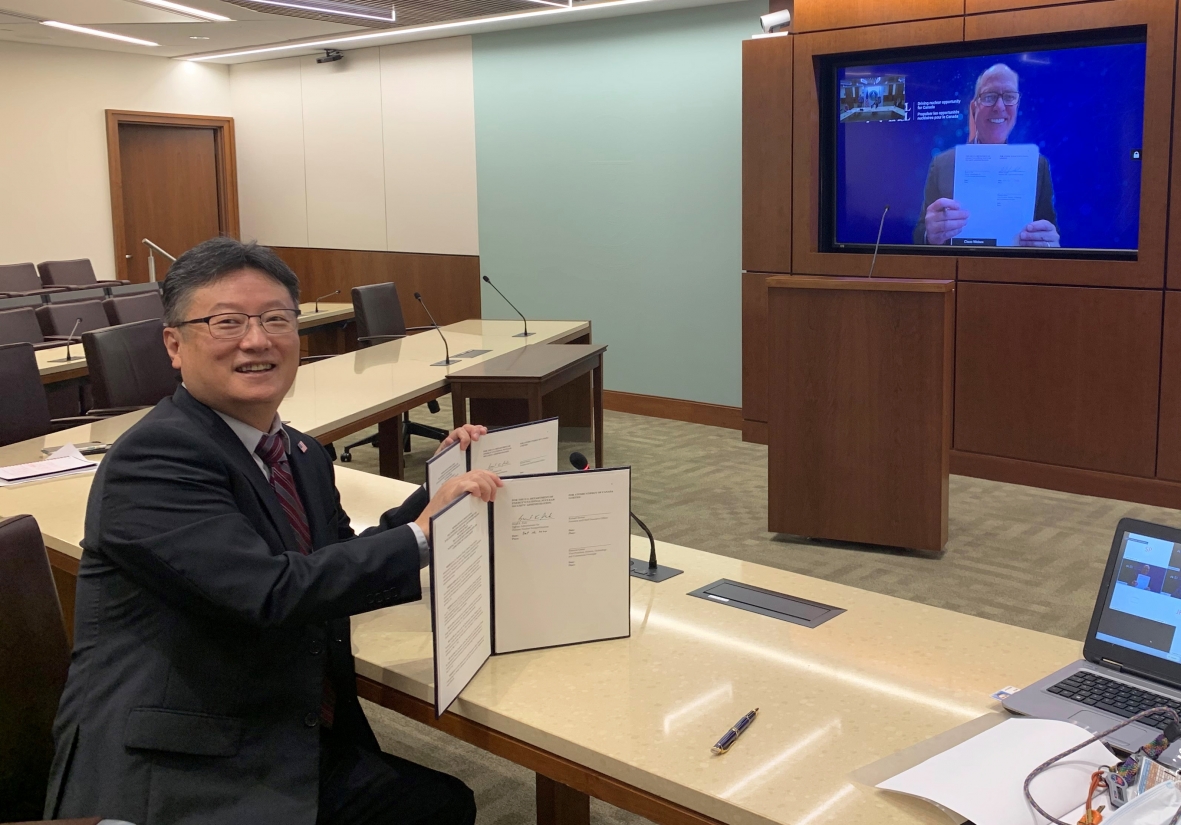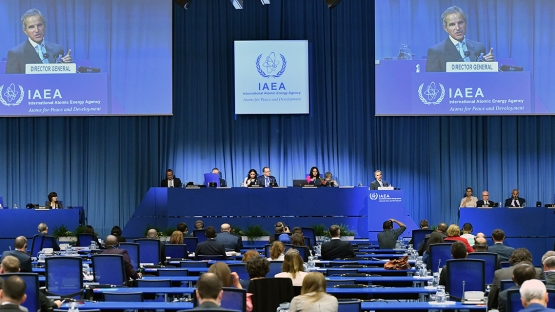Statement from the American Nuclear Society on the G7 communiqué.
June 20, 2024, 1:19PMEdited June 20, 2024, 1:31PMUpdated June 20, 2024, 1:29PMPress Releases Las Vegas, Nev. — The American Nuclear Society (ANS) issued the following statement during the 2024 ANS Annual Conference in Las Vegas:
“The American Nuclear Society applauds the Group of Seven (G7) leaders’ Apulia communiqué in its call for continued international cooperation in strengthening, expanding, and diversifying civil nuclear supply chains as the world deploys advanced reactors.
The DOE’s Argonne National Laboratory in Lemont, Ill. (Photo: DOE)
Researchers at the Department of Energy’s Argonne National Laboratory are developing and deploying ARG-US (from the Greek Argus, meaning “Watchful Guardian”) remote monitoring systems technologies to enhance the safety, security, and safeguards (3S) of packages of nuclear and other radioactive material during storage, transportation, and disposal.
From left: Piercy, Hart, Iyengar, Tobey
The latest virtual event produced by the American Nuclear Society brought together experts from the forefront of the global nuclear industry to discuss strategies for ensuring a safe, secure, and healthy expansion in the face of a rapidly changing energy and geopolitical landscape.
The webinar, moderated by ANS Executive Director/CEO Craig Piercy, featured J’Tia Hart, chief science officer for the National and Homeland Security Directorate at Idaho National Laboratory; Anagha Iyengar, deputy program director for analytics and innovation at the National Nuclear Security Administration’s Office of International Nuclear Security; and William Tobey, former NNSA deputy administrator for defense nuclear nonproliferation.
ORNL’s Benjamin Manard places a swipe on the extraction stage of Advion’s Plate Express, a microextraction tool that has been paired with a mass spectrometer. (Photo: Carlos Jones/ORNL, DOE)
International nuclear safeguards verification relies on a precise count of isotope particles collected on swipes during International Atomic Energy Agency inspections of nuclear facilities and isolated through a series of lengthy chemical separations that can take about 30 days to complete. On October 15, Oak Ridge National Laboratory—a member of the IAEA’s Network of Analytical Laboratories (NWAL)—announced that analytical chemists at the site have developed a faster way to measure isotopic ratios of uranium and plutonium collected on swipes, which could help IAEA analysts detect the presence of undeclared nuclear activities or material.
Left: The University of Texas at Austin SBD Challenge team: from left, Michael Butero, Matthew Frangos, Daniel Gutierrez, and John (Jack) Whelan. Right: The University of Rhode Island team: from left, Jay Macchia, Sean Babin, and Peter Tillinghast. (Photo: NNSA)
The National Nuclear Security Administration's Office of Nonproliferation and Arms Control has been partnering with national laboratories and universities to introduce engineering students to the field of international safeguards. Safeguards ensure that nuclear material and facilities are not used to illicitly manufacture nuclear weapons, the NNSA noted in a July 27 article.


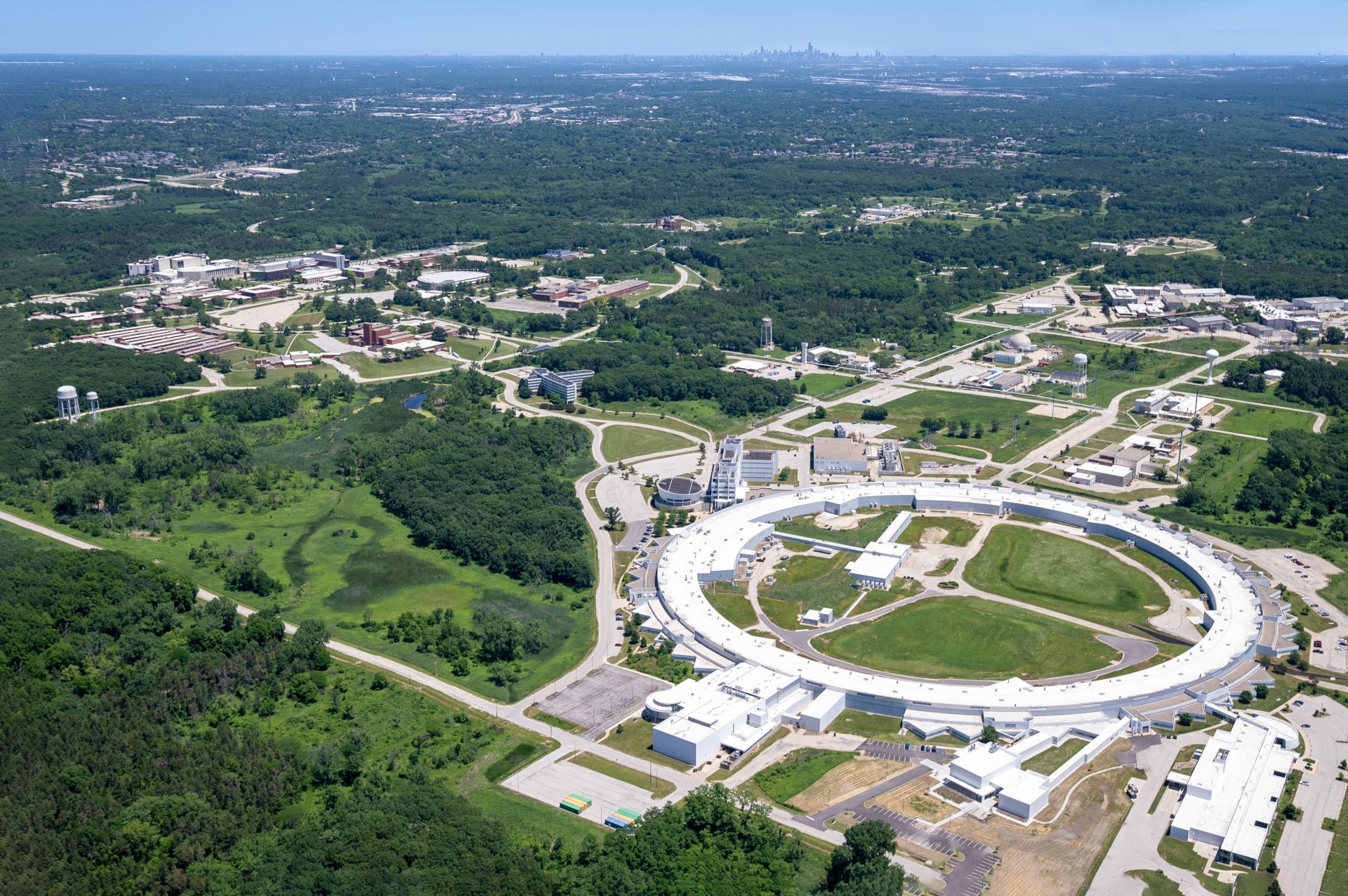

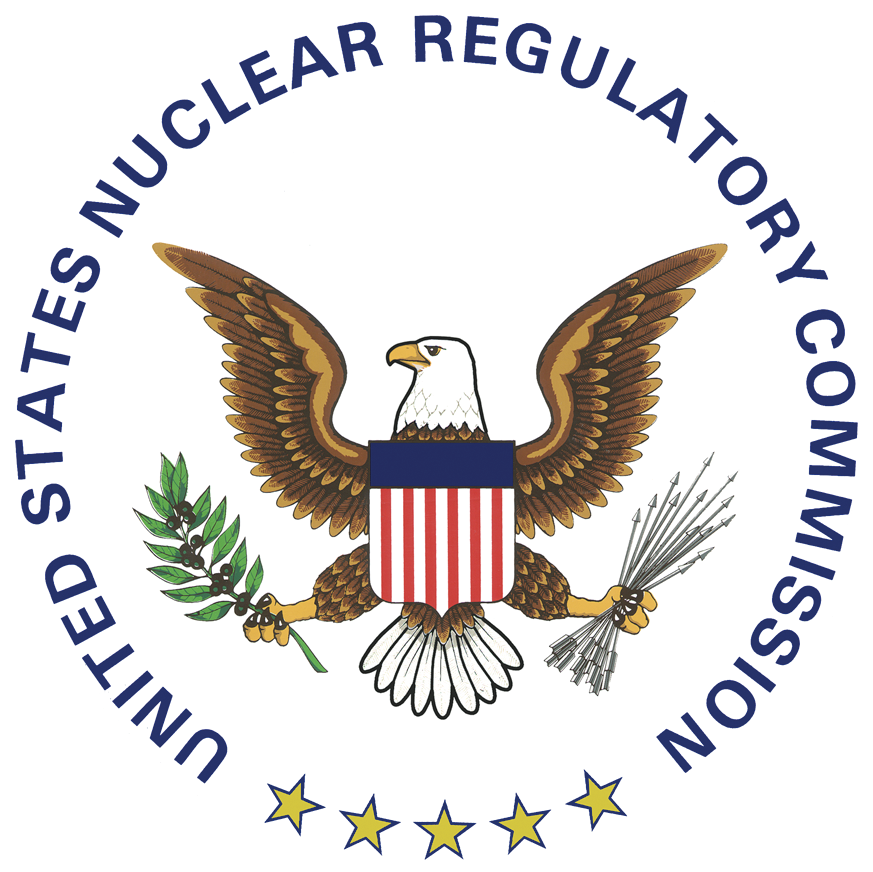
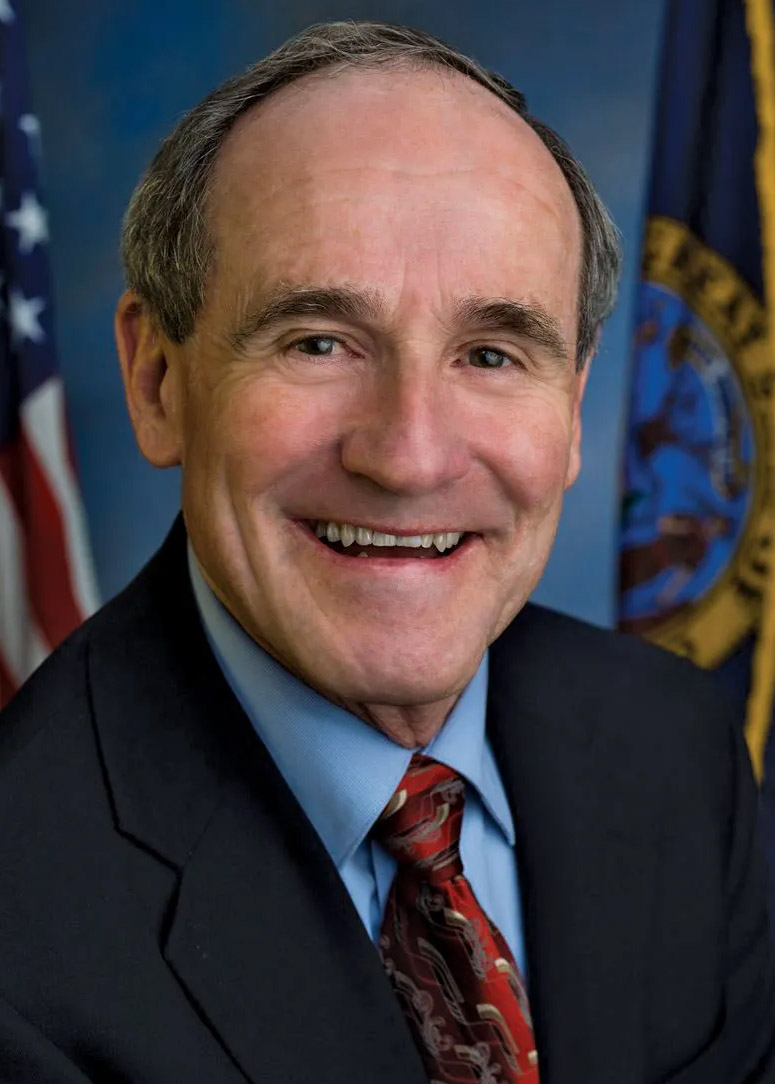
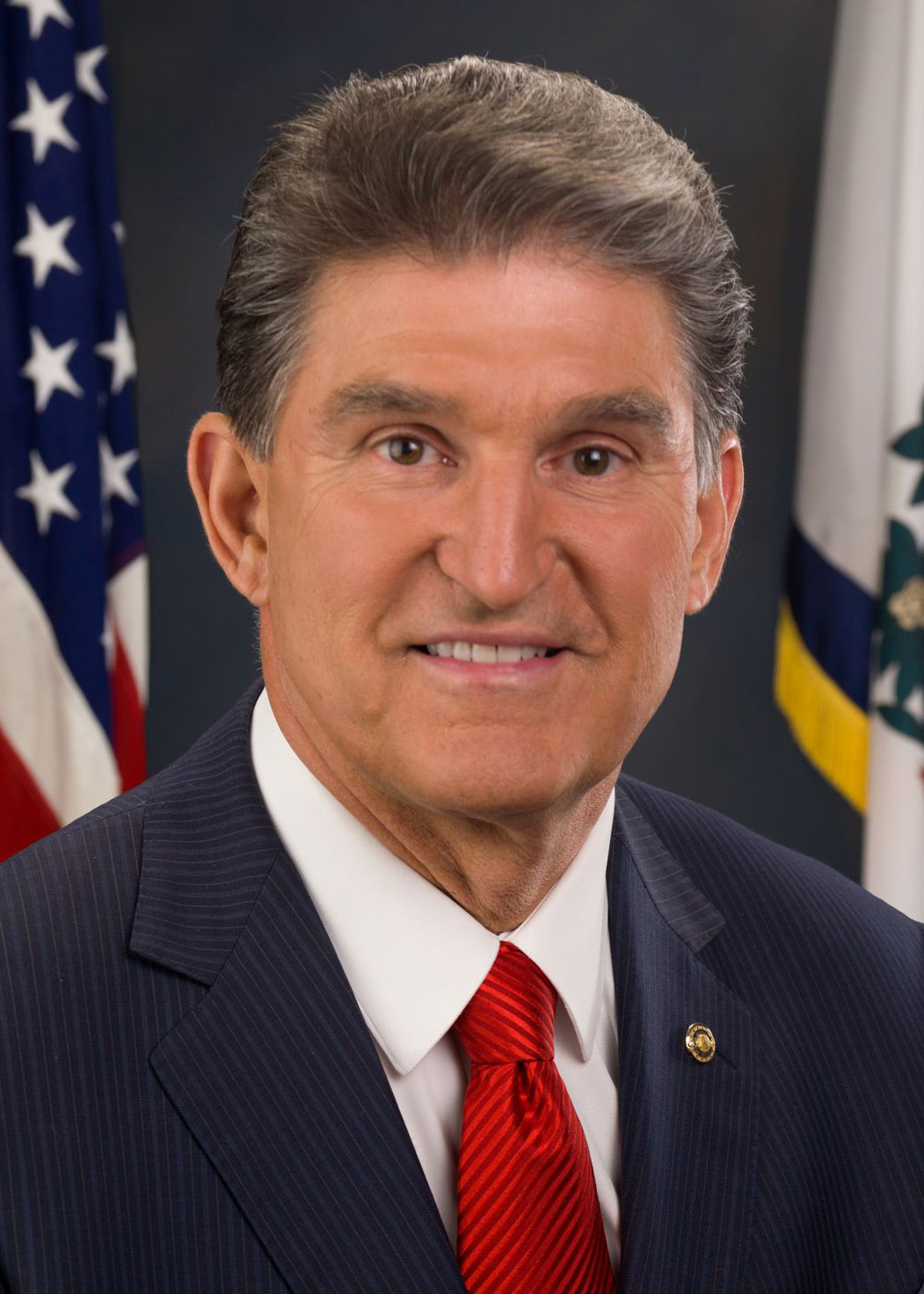
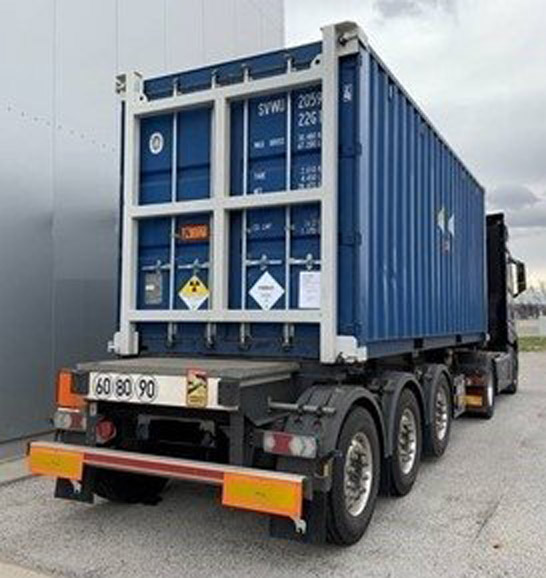
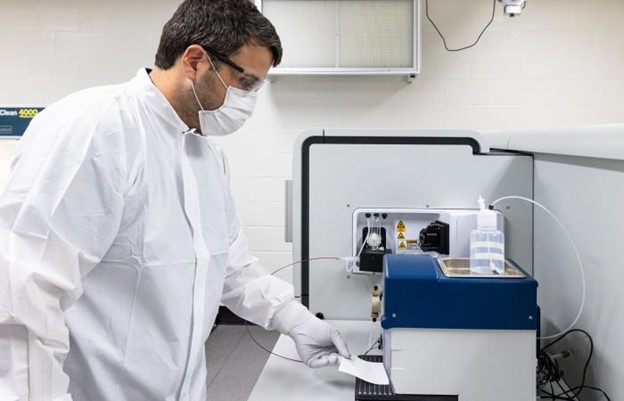
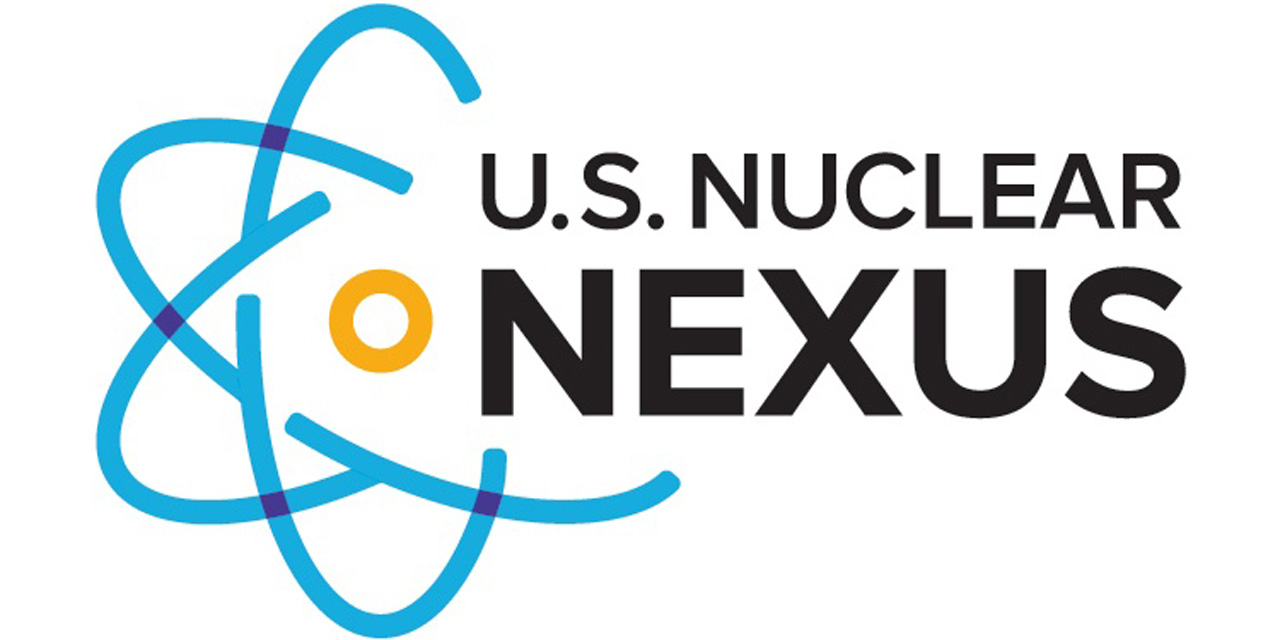

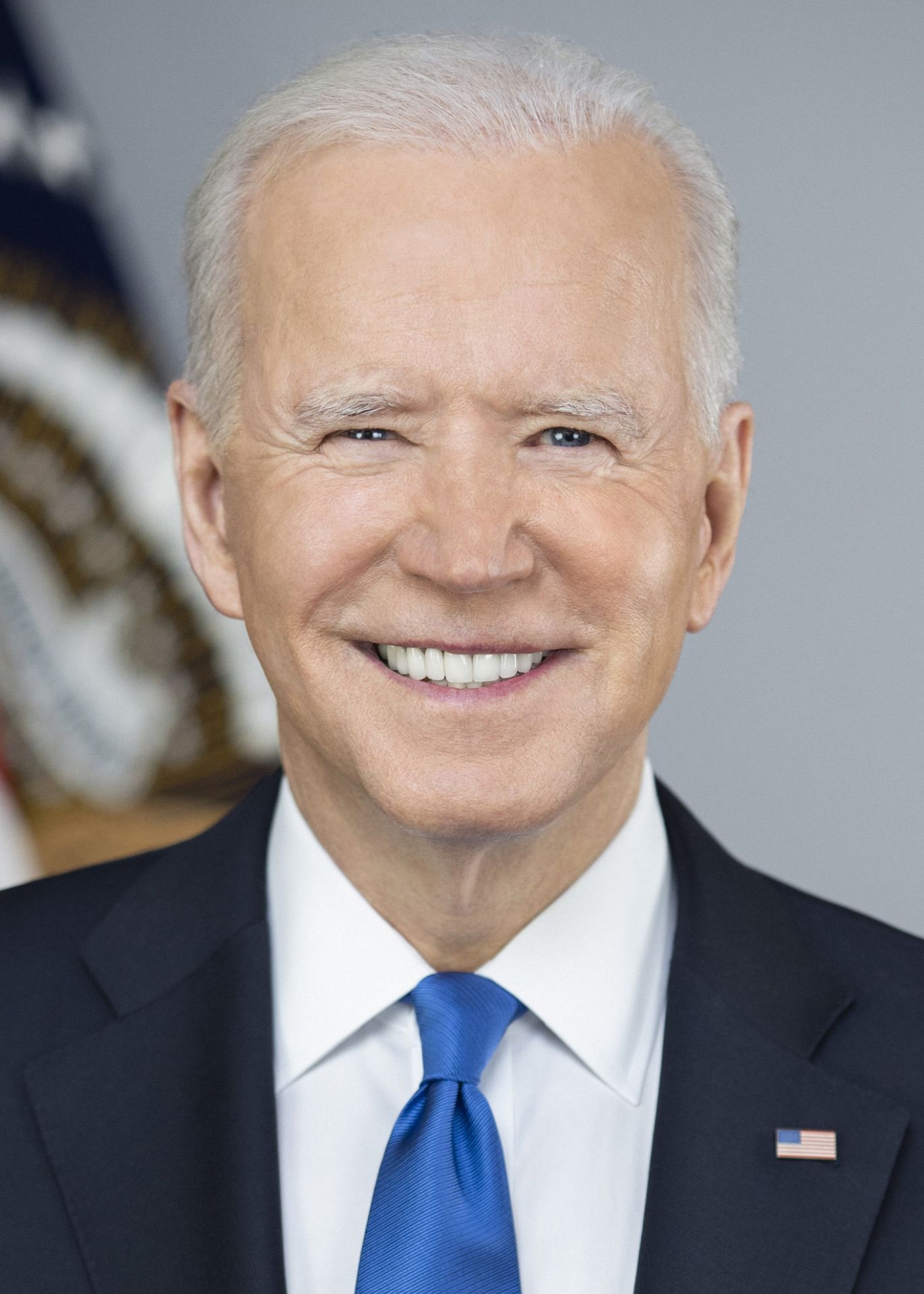
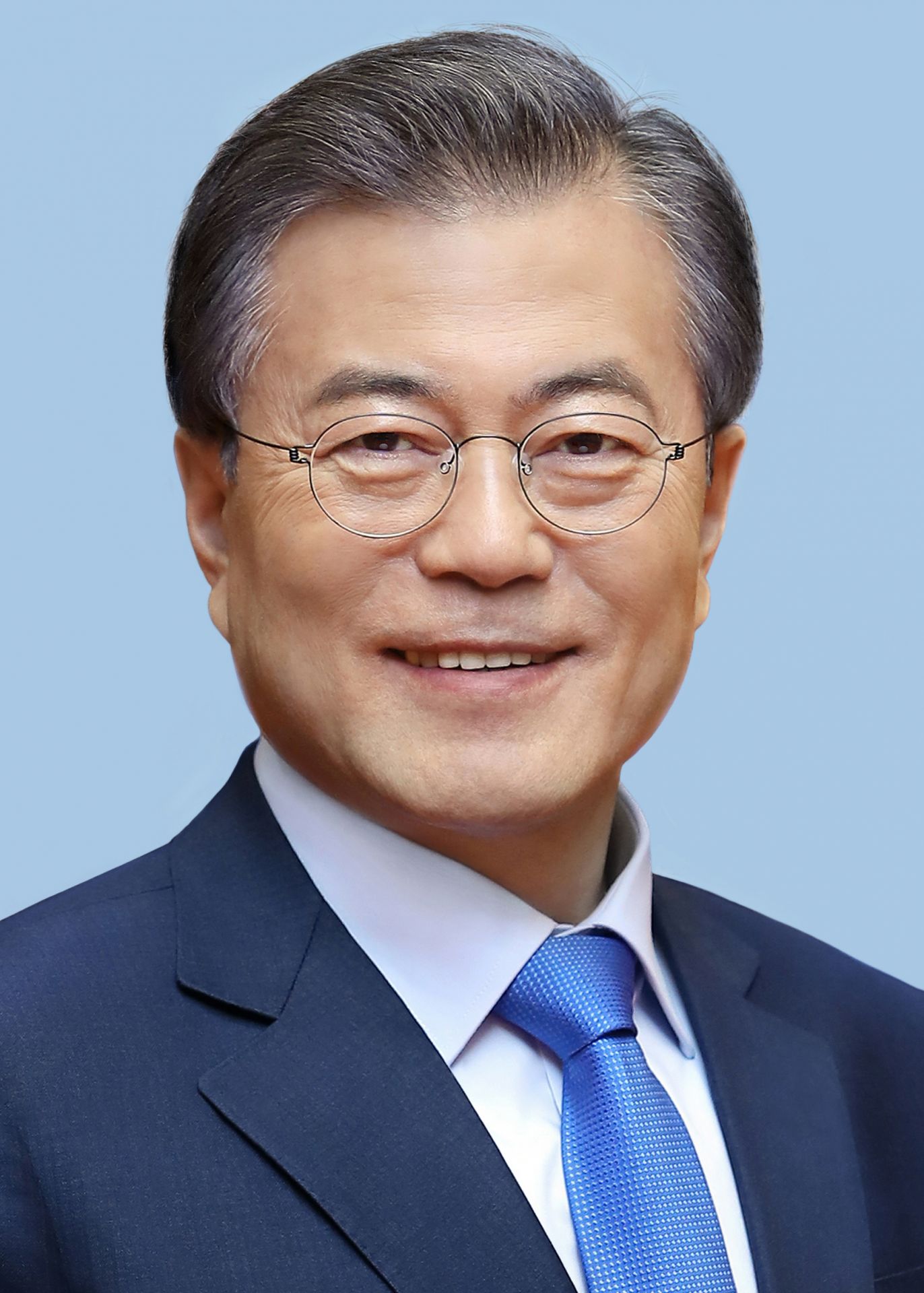
 The National Nuclear Security Administration has launched
The National Nuclear Security Administration has launched 